Digital 52 1️⃣1️⃣ - Handing over your coworking space, reflecting on the journey, remaining as a member, getting comfortable in your new “role” - the story of House of Bandits.

What does Drake, Magic: The Gathering and coworking have in common? Read the story of House of Bandits, a coworking space from Vienna to find out!
[Business Models - Integrating Culture ]
Read the story of House of Bandits on page 244 of “Around The World in 250 Coworking Spaces.”
“Around The World in 250 Coworking Spaces” was supposed to be published during the year 2020. But, when COVID hit the world, we figured that releasing a book about coworking might not be the best idea, as it shook the industry to its core. . We postponed its release to 2021 directing our focus instead on understanding how spaces were navigating and adapting to the pandemic in good and bad ways. When we published the book in September 2021, the 250 spaces featured were still open and running. But, since then, things have changed for a few of them and the story you are about to read is one of those. How do you know when it’s time to let go of something you spent so much time building? Do you just close it or do you look for someone to take it over? How do you find that person? Keep reading to find out.
But before we dive into the story of House of Bandits, there is one thing we must share: closing a coworking space or handing it over to someone else is never easy and for many founders, it looks like a failure. But it’s not. It’s part of the journey. While some doors will close, new ones will also open thanks to all the work and impact you have developed over the years. We’ve launched a mini-podcast series called “Life After Coworking” where we interviewed 3 former coworking founders to understand their thought process. If that’s a topic of interest to you, have a listen to those short episodes here.
➡️ A little refresher
Who’s behind the featured space?
Meet Stefan Yazzie Herbert and his business partner Dominik Hell-Weltzl.
“We met many years ago through mutual friends and honestly didn't get along at all. In many ways, we are complete opposites, but instead of leading to conflict, it helped us to see both perspectives of any problem. This is currently our third company together, and we have established deep trust between each other, which is an absolute necessity for a constructive business relationship.”
➡️ Key Figures
- Opening year: 2016
- The year they handed over the space: 2021
That’s 5 years of positive impact, that keeps on existing in different ways these days.
➡️ A little tour around House of Bandits
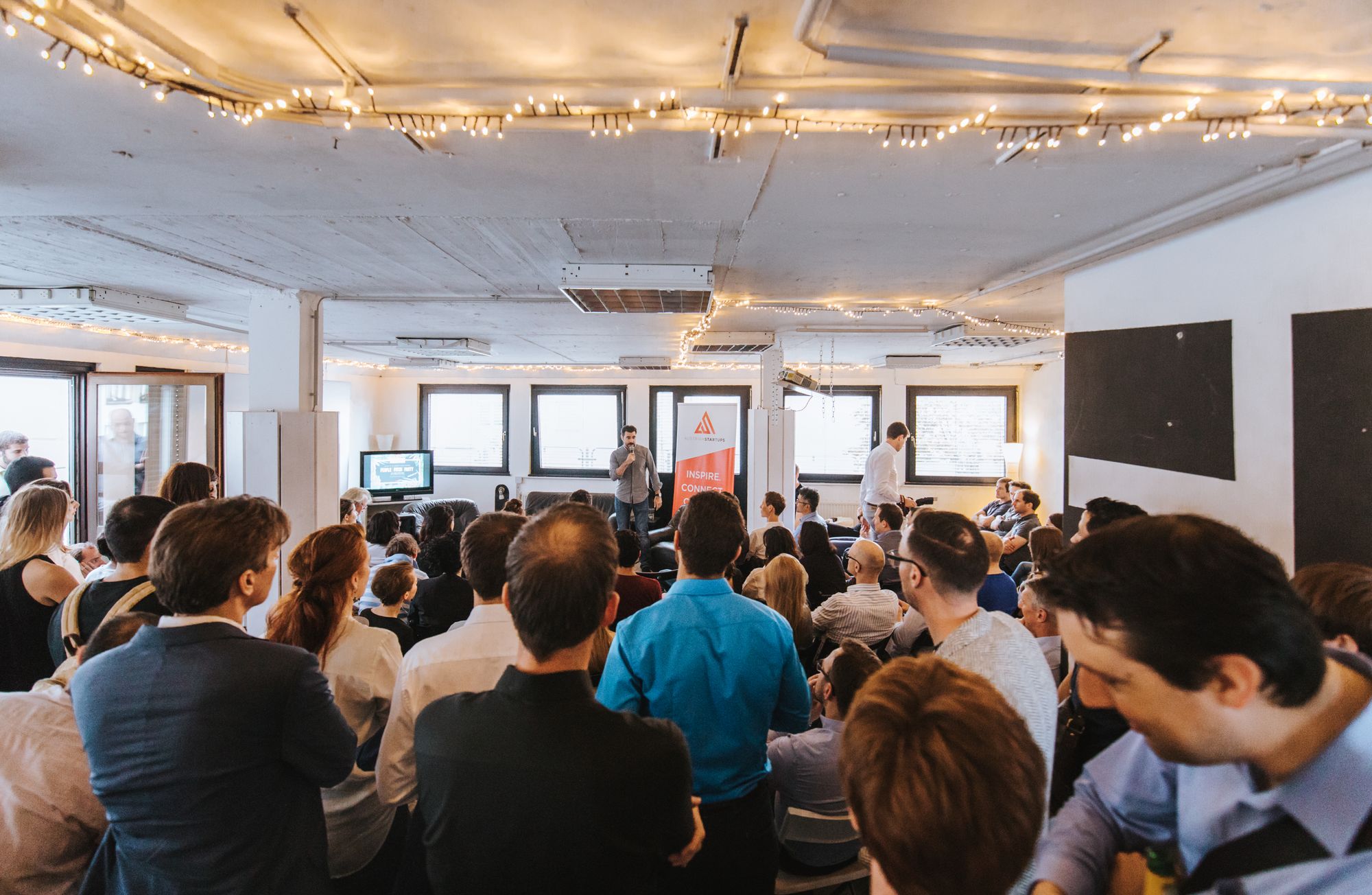
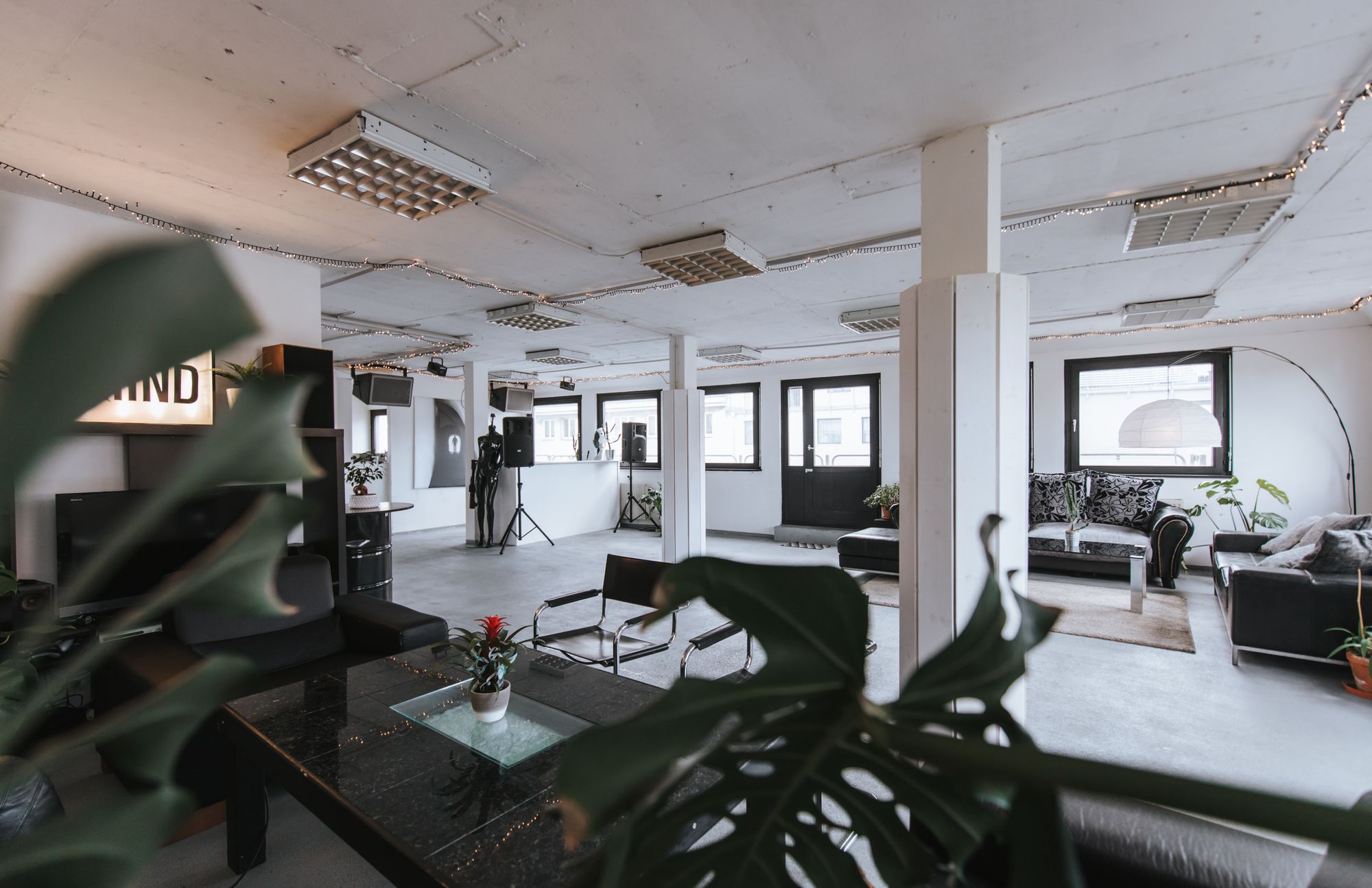

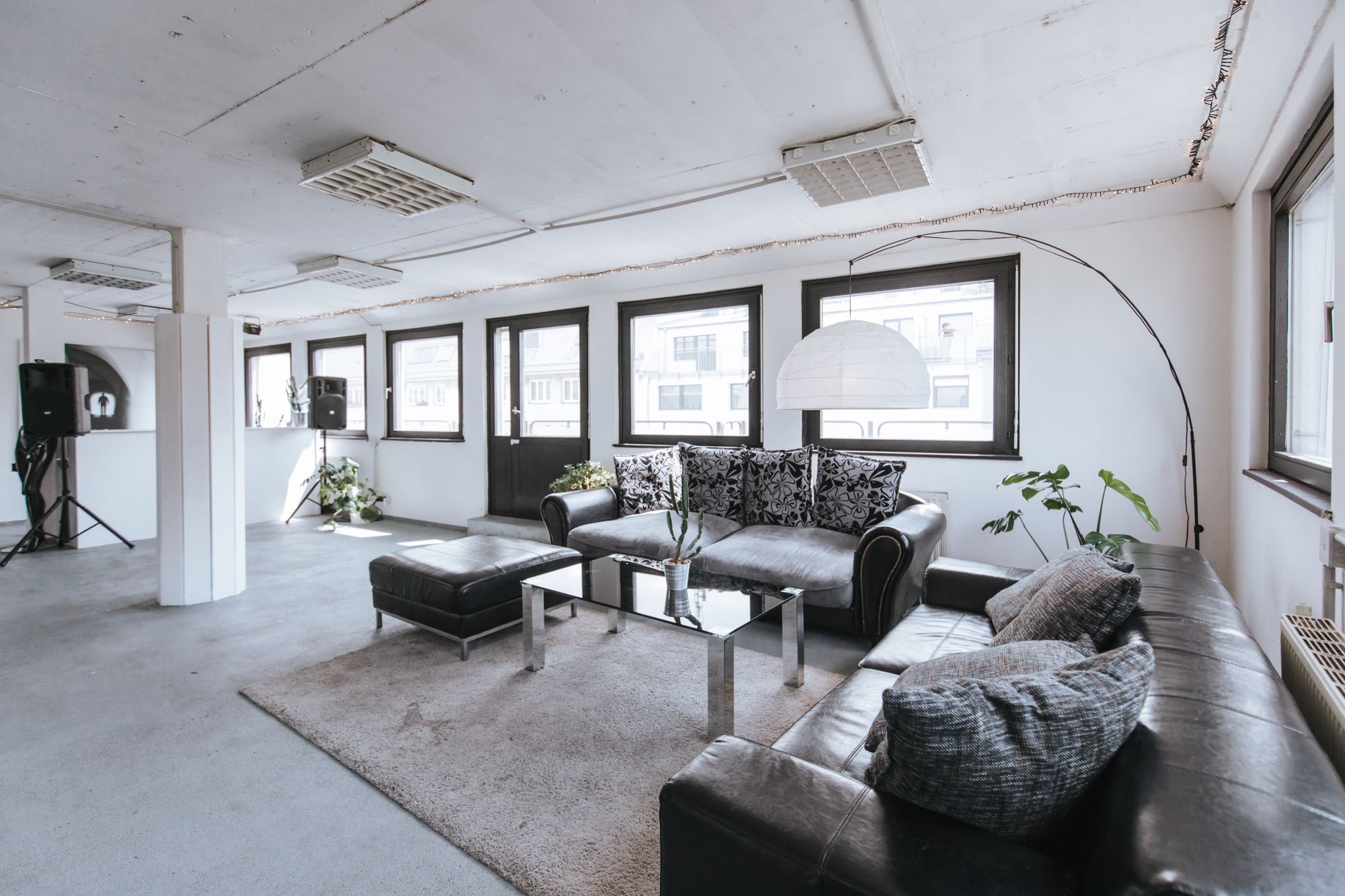
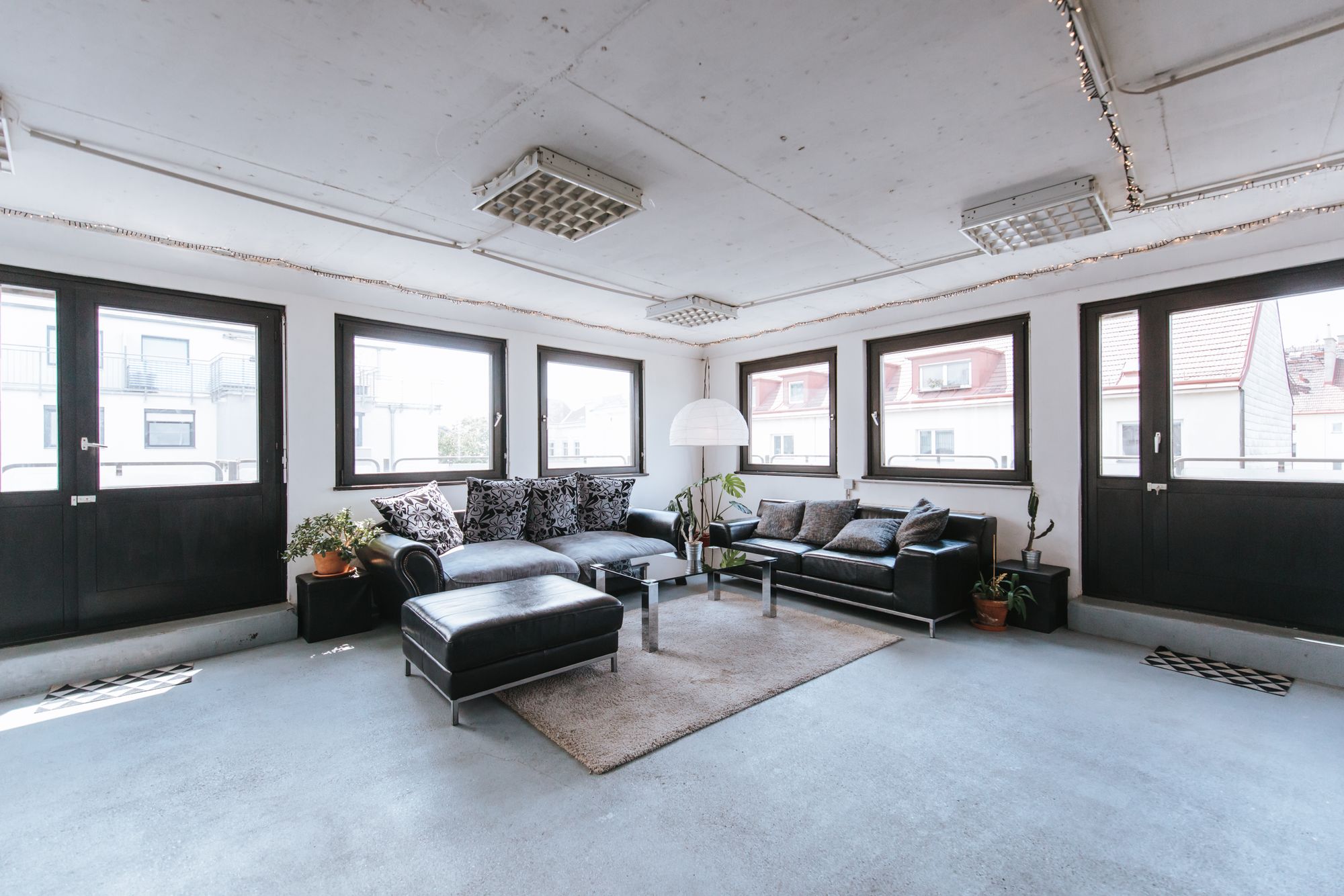
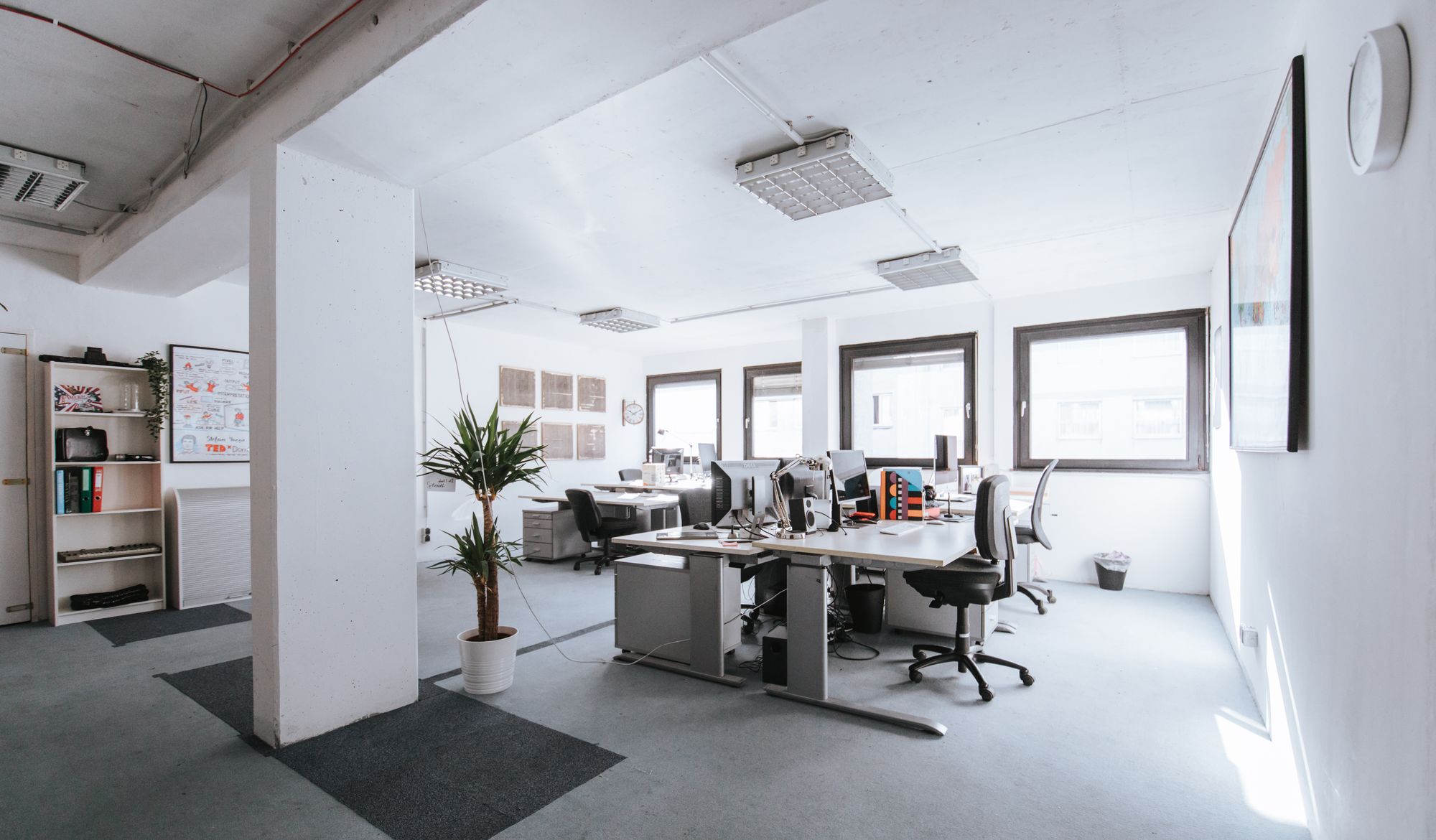
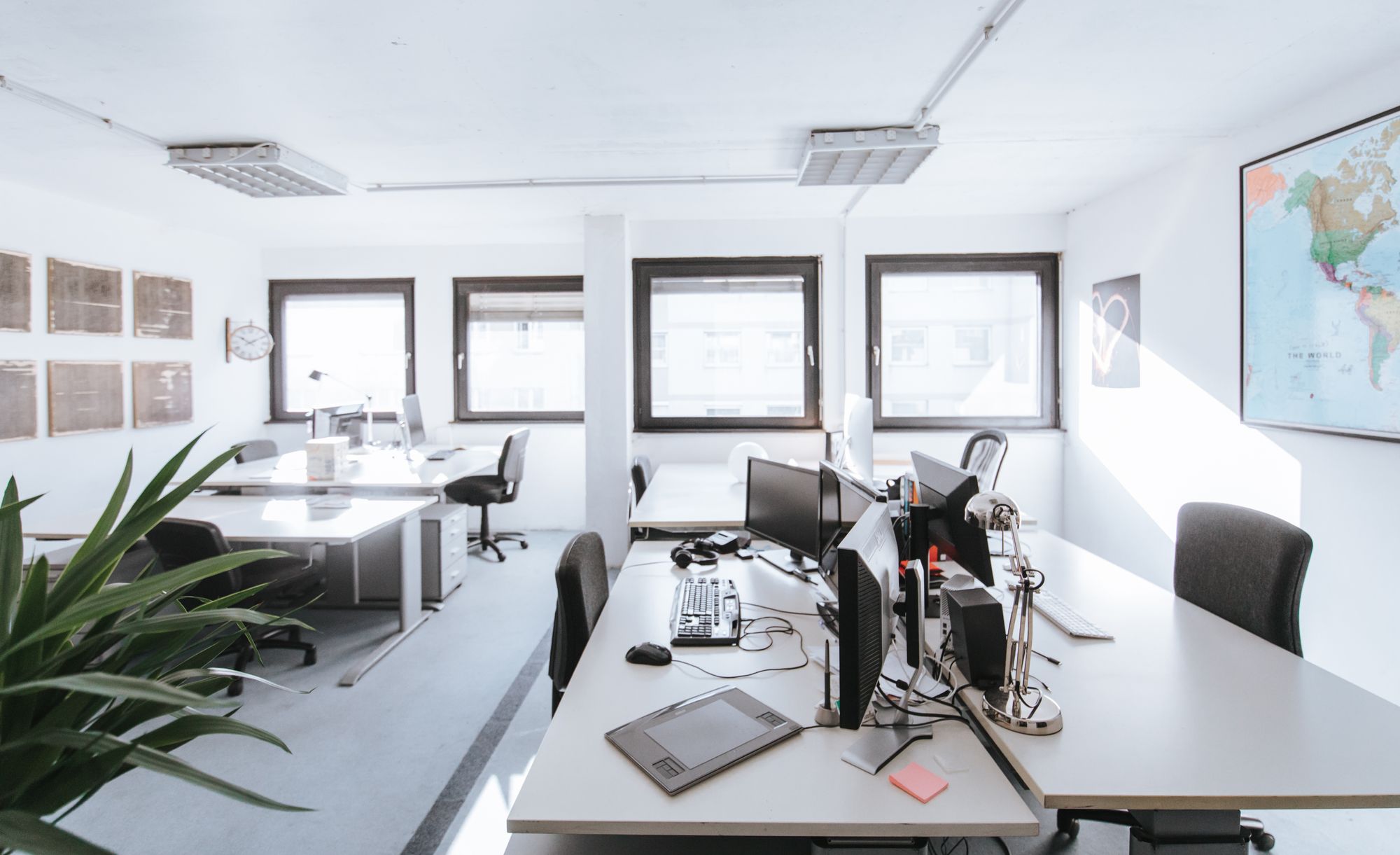
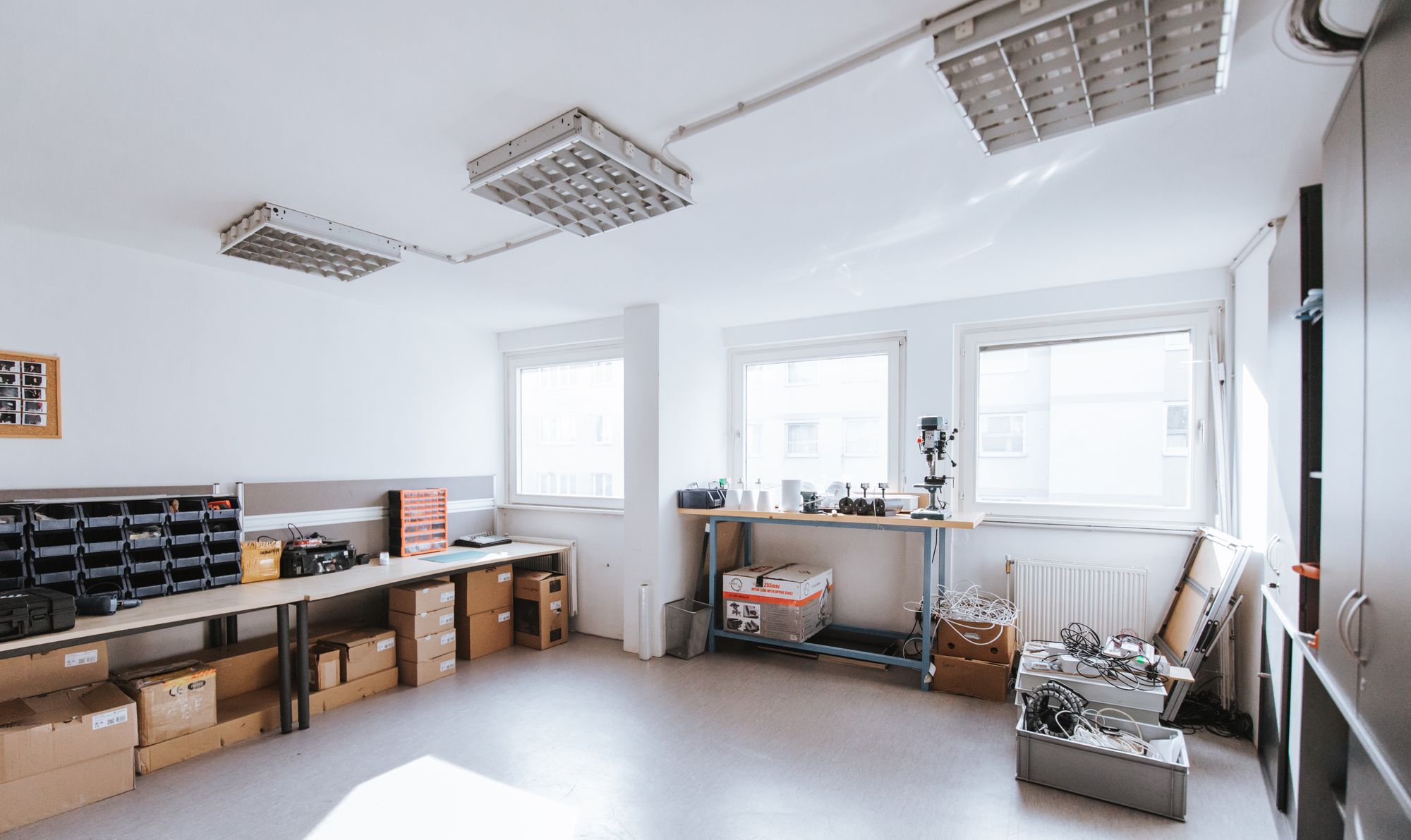
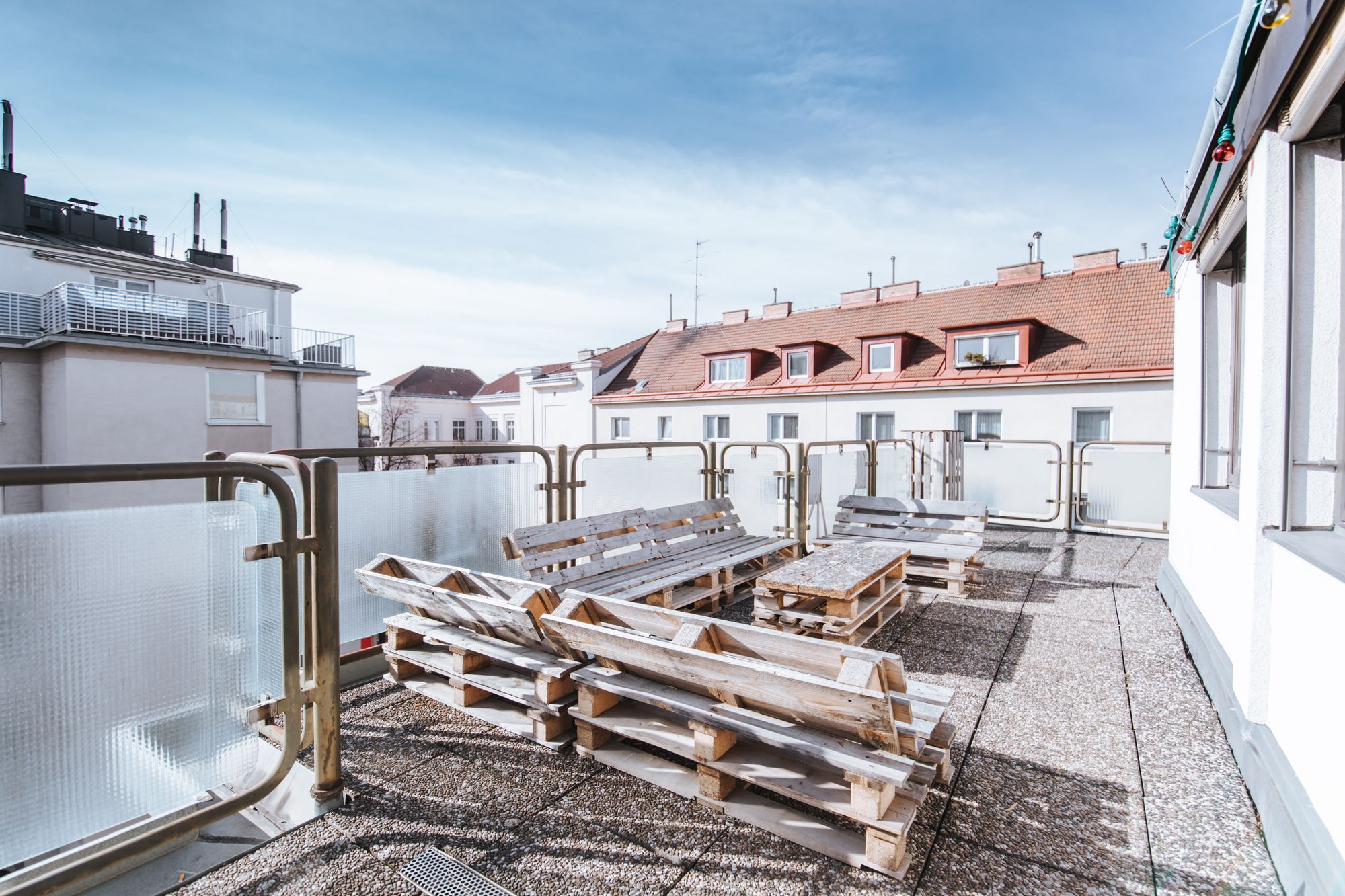
➡️ Behind-the-scenes
Things you didn't read in aw250cs
“We ended up getting creative with our agreements and allowed certain creatives to provide creative services from their desk. It's still a balancing act managing profitability between both sides of the business, but we've seen that the culture has really improved because we could bring in certain people who wouldn't have otherwise ended up in a space like ours.”
“In the beginning, we were a collective of various creatives, so we all had very strong opinions about what it should be called. With no clear leader, the process took over a month with over 100 name variants. We finally all agreed on the term "Bandits", which felt like it fit our personalities: on the edge of the law, shunned by society, and a fiercely loyal group. In our last meeting, we finally tried to pair Bandits with another group of words. The moment somebody said the phrase "House of Bandits," we immediately stopped brainstorming because we knew we had finally found our name.”
"The positive lesson that I've learned is you don't create a community for people. You create a community with people. This is a pretty common phrase, but it's something I really learned how it feels in practice."
Stefan Yazzie Herbert, Co/Founder House of Bandits
➡️ House of Bandits Today
We recently reconnected with Stefan Yazzie Herbert, Co/Founder of House of Bandits to conduct the follow-up interview you are about to read. In all honesty, we were not ready for what came our way and now we pass it on to you. As we do not want to spoil it, we’ll keep this introduction short, but if there is one thing we can say it is this: read this interview more than once as it contains so many reflections and advice that will help you at any point in your coworking journey.
💫 1 Major Change
Was this because of COVID-19? What triggered Stefan and his partner to want to go that route? Is this the end of House of Bandits as we knew it?
Keep reading to discover our very honest conversation on the topic.
💬 The first question is, what's new at House of Bandits since the last time we conducted that interview?
A lot changed. So much changed that I handed over the rental agreement for the house to another party. House of Bandits, the name of our company, is now officially no longer in the coworking industry.
But we found quite an interesting middle way that works well for us.
The coworking part of our concept, meaning all the structure and all the contracts, are being handed over directly to the next renters. We stay in the office that we currently have. We still run the I.T. that we've set up. In return, we get cheap rent for having set it all up for them.
Handing over the space means we’ll have less creative control, but also a lot less responsibility. When we introduced House of Bandits back then, we didn’t have such a strong emphasis on the advertisement agency, but actually, our business model grew to be a dual one, where we have a coworking space combined with an advertisement agency.
The coworking space was seen as a mini incubator or a mini network where we could source labor from, and generate a lot of creative ideas because many people were in the same room creating things together. And that worked well. But it's quite a steep investment because you don't get a lot of tangible financial benefit from that.
Coworking with creatives as a target audience was not doing very well during COVID. But, you had a lot of I.T. companies suddenly looking to expand, and those weren't typical people that we wanted in our quote-unquote “creative coworking space”. And yet, we had quite a few I.T. companies move in that felt like they fit the culture and were cool people. Some of them had founded hacker spaces before and started adding their touch to the space. For instance, they made an automatic statue that had a disinfectant come out of its nose. It was just a fun little way that rally everybody in the community. And we don't want that to die.
We know that now we have handed the space over, we will have less of a focus on culture. But we still want people to interact with the space. So we explained that to the next owners, telling them: “Hey, here's also all the personalities and all the motivations that the individual people here in the House have so that you can also let them keep on taking ownership of the space.”
We built most of our philosophy on it. If you want to change something, go for it. Go for it, build something yourself, and make yourself part of the space.
And I hope they will carry our initial philosophy on. And if not, that's also okay. Different people have different focuses. I think ours set a great precedent for what we wanted to do. We learned a lot and gained a great benefit. It kind of feels like a failure right now, and I can't deny that.
That's just something that goes through your mind a lot. It didn't work out the way that I wanted it to, but I think I got past most of that initial sadness. Telling people about it has also been very helpful to get past that. That's where I'm at right now.
I find this to be a very interesting and kind of poetic interview because you came so early in our last interview where we were beginning the space and now this is the ending of a chapter.
I've also shifted that failure framework with some work in the sense that I'm American. This American Drive can push us to some great places. You know, it's the initial push that gets you there. But along with that culture comes a lot of inherent concepts that I find myself working against now, like this kind of failure, success dichotomy, this culture of needing to fit a narrative of struggle and then success, and the reality of that is often much more complicated and not nearly as sexy.
If you look at Drake, he has his song started from the bottom. Now we're here. But he was a child actor. He had every opportunity given to him from the beginning, but he understands very well that you need to create a narrative of struggle and success. And yeah, it sucks at the moment, of course, when things are, like in our case, mostly a financial decision.
It's never nice to have to give something up that means something to you out of something that feels out of your control. But of course, you must always take a certain level of self-responsibility.
In this case, it's COVID-driven. But what I care about most is the community, still having space to create, to live for them, and to have a good rental experience.
And I have to let go of that responsibility now. I find it difficult. But I think this is the best possible way for them because, even if we were to limp on, we wouldn't be able to provide the service that this new company can, for example. So I hope it gets even better for them. It may change its focus, but I hope that the total experience works out.
💬 And how did you find the new company? What was this journey like? Was it someone you knew already?
I've known the new owner for eight years or so. When it comes to taking over something so precious, trust is always a huge thing, and knowing who somebody is and hearing good things about them is one of the best ways to build trust. So I think the social network that we have is one of the best ways to make sure that you find somebody who has the same values because values are something that is easily transmitted across friends and social networks.
💬 So in 5 years, you shifted from being a coworking space and advertising agency to being an advertising agency with the extended community that belongs to the space. Did I get that right?
I would say that the extended community is something that we would no longer attach directly to this space as House of Bandits is going to get a new name.
For us, the extended community is going to be the network that we've built because one thing that we also noticed was that certain people would leave over time, which felt like a graduation.
There are different ways to make a career. One example that I often give is the one of Mathias. He started with very few skills. He had done a few tutorials online on Photoshop and some special effects but didn't have any kind of formal training. He came to us asking if he could do an internship. We told him we only offer coworking desks. And he said: “Okay, well I’d like to learn something in there”.
He rented a desk and started learning from everybody. Then he began working for everybody, doing little jobs here and there so that he could generate some money for himself. Things started taking off for him, so he became a freelancer. Later on, he founded a company with another person from the House of Bandits. They rented desks from us and became our partners on projects. Now he moved out and he's doing his own thing with electronics.
House of Bandits isn't just the physical space, but also the network that runs beyond, where people then move on because the space can only provide so much. And when they become highly specialized grow too big or just want their own identity, it's cool to see those connections stay alive.
💬 In our initial interview, and I'll quote you there, you said: “Most of us here are people who have slipped through the cracks of traditional educational systems and want to offer a safe space to learn and explore.” First, I wanted to ask you how House of Bandits allows for learning and exploring as a physical space and a community. But because you switched, do you think this is still valid? Is it going to still be part of your value system?
I think the example that I mentioned with Mathias is kind of the idea that I would love to repeat. But it's also really down to Mathias for being such an extraordinary individual who is, by far, not the norm.
There were several programs that we did. We focused on education. We created a program where we brought in unemployed refugees, and then the government paid for their education and they spent 6 to 8 weeks with us. We would prepare them to become a freelancer in Austria. Most of them were highly trained but none of their education degrees were valid here in Austria. Thankfully in the creative industry, that doesn't matter. If you can just show your portfolio, it's like, okay, you know how to hold a camera. And I’m so tired of hearing this dichotomy of “lazy refugees that aren't doing anything. They're just costing resources and these refugees are taking away our jobs.” We were like, why not let them be freelancers and create their value? And that worked well.
These kinds of alternative education structures are really important to me. We're always trying to see what tools are available to us and often supplied by the government. We found this apprenticeship program where we take them on because the traditional school system can't. They cannot stand going to school and we can provide them with a different kind of training. We have somebody on our team who used to be a kindergarten teacher. He has all the training that he needs from the pedagogy side. So he was training Marvin, one of our 16-year-old apprentices, and that's something that's completely inside of the agency. It has nothing to do with the coworking space any more.
The principles of trying to find alternatives to traditional education are something that I just embody.
There's a lot of talent out there that may not have a degree attached to it, and for us, diversity is also a huge plus. We will soon have a company that is 100% immigrants. That's something that was not done on purpose. But generally speaking, if you loosen up requirements, for example, that people have to speak German, you'll be able to open up such a wide pool of high-quality employment, because they can't get a job in other places when they don't speak German. With employment and education, these are principles I think any company can follow. And some are personally important to me.
💬 Would you say that most of the things that are happening at House of Bandits at the moment are the outcome of the pandemic?
I think the easy way out is to say yes. I think that it influenced our business in general. Would House of Bandits have worked without COVID-19? Who knows?
I think it's fair to argue that there might not have been as strong of a market in Vienna yet. For example, if you look in New York, the average salaries are much higher and they can afford coworking spaces much easier because there's a lot more money flowing than in Vienna. The creative industry here does not have a ton of money flowing compared to other cities. But, I think this is something that's changing. You can see more and more businesses coming to Vienna and it's taking more cultural relevance. What that means for the future, I believe, is that there will be more money flowing into different industries.
House of Bandits is a niche product. It's meant for a very certain kind of freelancer or startup, somebody who wants to be surrounded by some creative energy, or maybe just wants to hang out in a cool place. And that's a hard target to hit in an economy that's not that large.
Vienna is not nearly as large of an economy as London or New York. And so niche products often don't hit the mark. It would have been a struggle at best to continue. It was something that I always saw as a negative externality for the business model. We ran the company, particularly the coworking part, at a loss for quite a long time. But the network effects for the agency were well worth it. We were paying for our desks by providing work to the people who needed to pay for a desk.
But that wasn't sustainable unless the agency had sustained growth. And during COVID, that didn't happen. Keeping up that cost was no longer tenable. And I think that's a combination of COVID, which affected our entire business model, but it was already precarious to begin with because of the target audience that we had. So considering the size of this economy, it accelerated the shift. Sure.
In more prosperous times, I think we would have been able to have more creatives because the creative industry is flourishing right now. But COVID depressed all of that. Now I will not entertain any coulda, shoulda, woulda.
➡️ Reflections on building House of Bandits
💬 What would you say has been your biggest learning out of bringing to life and growing House of Bandits as a space, but also as a community?
I’ll share one negative example and one positive one.
The negative is the infrastructure is a hard and annoying thing to deal with. I truly hate it. Until today, I mostly dealt with ideas, videos, photos, and work that could be handed off digitally. The amount of upkeep that comes with infrastructure is something that I heavily underestimated. The deal we had was that we took care of the house but we no longer had a facility management company doing this because we wanted to cut costs as much as possible and thought we could do it. But the amount of repairs, plumbing, electrics, elevators, not to mention all the services that come along with it. That we clearly underestimated.
When it came to coworking services, that was something that we had a bit more realistic view of. We automated a lot. But infrastructure is not something that is easily automatable. You can't just write a script that's going to repair the elevator. At least not yet. That'd be great.
Taking care of a building that's so old, which was built in the forties, was tough. It was cheap for us to stay in there because they're going to renovate the whole thing at some point. But it also makes it difficult to make investments in the building because you cannot convince your investors to share those costs. They know that they're going to rip out everything in a couple of years anyway. The nature of our contracts incentivized us to keep up a minimum cost for any kind of investment in the building. That was probably for the best because otherwise, we would have had to take more investment in order to invest in coworking as a product. And as I said before, the market that we had been after would not have been able to sustain that.
The positive lesson that I've learned is you don't create a community for people. You create a community with people. This is a pretty common phrase, but it's something I really learned how it feels in practice.
It would be fair to argue that I've been with the space from the beginning until the end. My business partner and I then went our separate ways. We had two companies together and we both individually took over each company. It is a personal journey in a way because I was really the only one who stayed from the beginning to the end. And through all of this, the worst has been when I tried to exert the most amount of control over everything. And that's especially true in times of crisis. I think a lot of times I just kind of try to grab through and be like, look, guys; we need a decision. Let's do this. That usually works a lot less than having proper space and discussion. That doesn't necessarily mean that something is given out to the community because decision-making is slower.
In the beginning, everybody split the cost equally and we all just paid into a single account that was like 11 founding members back then when we were literally just building the space with our own two hands, setting up bricks and walls, and whatever.
And then that became more and more sophisticated over time. And as our accounting became more sophisticated, the way that money flowed also became more sophisticated. It required a central company in order to manage all of this. And that was us. And because we handled the money that also gave us a lot of power when it came to deciding things.
Bringing in the community on a decision felt like giving it up, which is a really bad way to incentivize community-based decision-making. But because you're the one who's taking the risk, it makes sense to make these decisions, especially when you're trying to make a lot of decisions at the same time where you just want to decide things and have them get done. I think finding that balance between what you want the community to be involved in and whatnot, that's something that I could definitely learn more about, and that's also something that separates healthy communities from not-so-healthy communities.
If you want to have a community, you need to be creating that with them and not for them.
💬 To echo what you're saying if someone was coming to you tomorrow and they say, “Stefan and I would like to open up a coworking space”, what would be your number one piece of advice?
Leverage what you love.
I think I leveraged what I loved a lot when it came to being interested in things. The marketing strategy of House of Bandits, in the beginning, was to multiply existing communities. We invited a ton of other existing communities to do workshops or presentations. By hosting them, we were able to mingle and create things together.
Whether they're film workshops or Magic: The Gathering nights. Who knew that a bunch of the creative heads in Vienna all play Magic: The Gathering? It's so much fun. Magic: The Gathering is a great example, actually. It's something that I organized just because I loved it. And it turns out that you stumble across the main creative director for an advertisement company, or a copywriter working for another one. They're all just working together and they all just happen to like this game.
And this isn't me going out saying, okay, I'm going to go do business while I am enjoying myself. It's much the opposite. If you put yourself out there for what you're passionate about, people are attracted to that and they're much more willing to want to see you succeed and want to help you out because it's based on authentic human connection.
And that's kind of how most of my networking goes. I'll have a jam session, I'll invite people and maybe one or two of them will be for business purposes. So I'll just be like, “Hey, this is my world. Come and enjoy. If you enjoyed hanging out here, maybe we can do business together.”
But that's never the focus of what these events are about. The focus is always on having a good time. Having people genuinely interested in sharing knowledge and sharing connections is by far the best way to build community. It's a special skill that reflects how you do business.
I think that just putting yourself out there as somebody who's doing what they do passionately is by far the most attractive “sales technique”, quote-unquoteMy, that's out there.
💬 And if tomorrow, let's say you were meeting a coworking operator, not necessarily from Vienna, but could be from any region of the world, what would be that one question you would ask them?

💬 And my last question for you is kind of the same. But instead of talking to a coworking operator, if you were talking to a coworking user, what would you like to ask him or her or them?
Did you ever feel guilty? Coming into the coworking space. I think that coming into the office sometimes felt like I was doing something wrong, even though I was technically allowed by the government to come to work.
My strong attitude toward staying at home always kind of made me conflicted over whether or not I was doing the right thing. And it felt very bizarre to me that going to work just became a moral issue all of a sudden. I wonder if other coworking users felt like they shouldn't be going in or if they felt like maybe even a coworking community manager was trying to get them in. If that ever felt weird. Incentives are kind of set differently, right? Financially, you want as many people to come in as possible. From a health perspective, you want people not to come in as often as possible. I wonder if anybody felt guilty.
Let’s discuss the story of House of Bandits on Discord! Come join our extended community of readers by clicking on the link below.

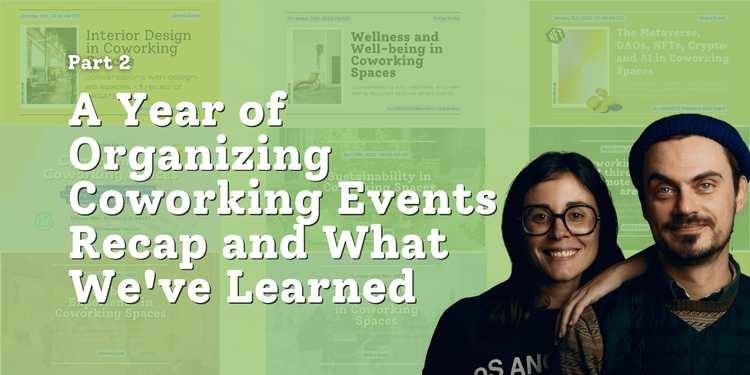




Member discussion